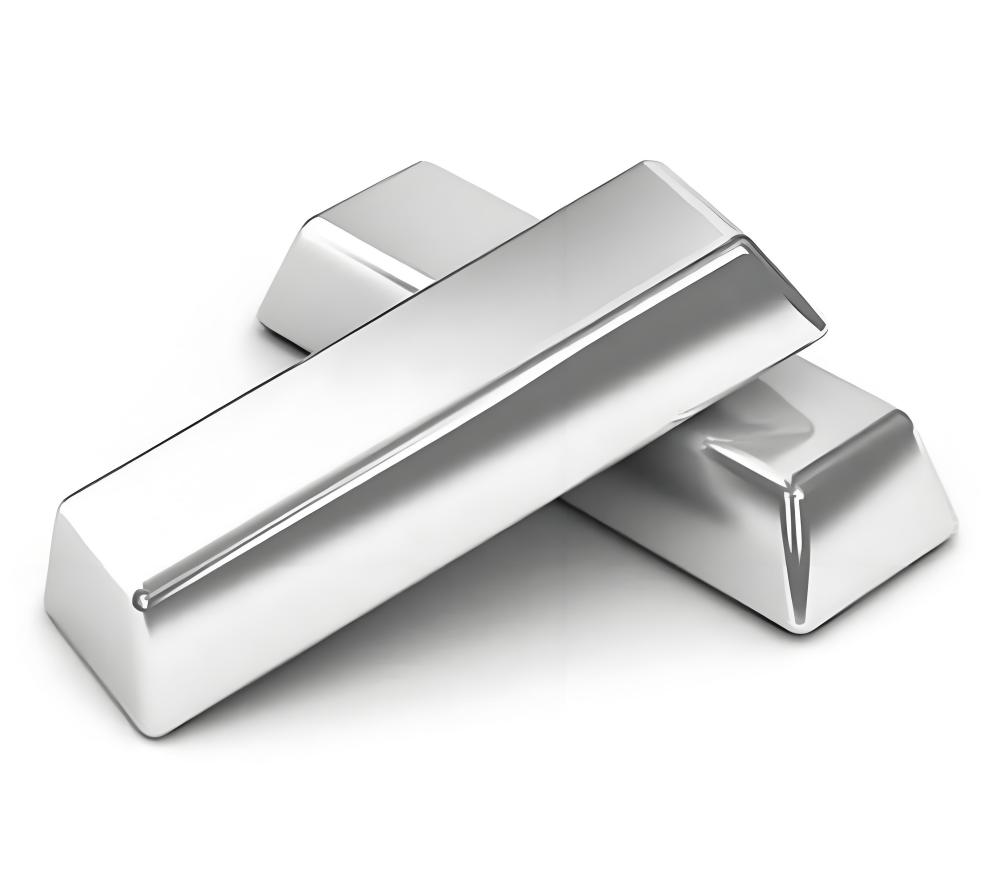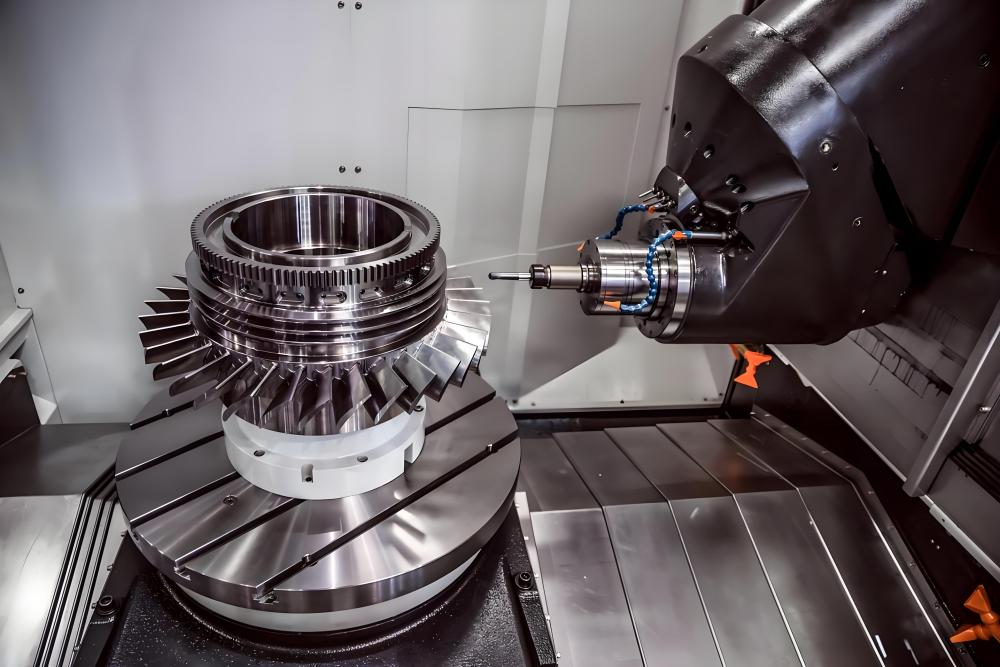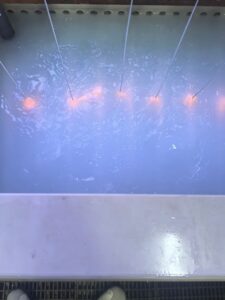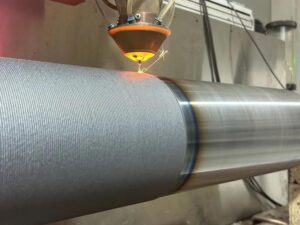In advanced manufacturing and high-performance engineering, some materials stand out as game-changers. One of the most remarkable among them is Inconel, a nickel-based superalloy designed to thrive in extreme environments where ordinary metals fail. Known for its durability, corrosion resistance, and ability to withstand high stress and temperature, Inconel plays a vital role across aerospace, automotive, energy, chemical, and marine industries.
This guide explores Inconel in detail—its composition, properties, types, applications, and both advantages and disadvantages—while addressing frequently asked questions.
What Is Inconel?

Inconel is a family of nickel-chromium-based alloys specifically engineered to endure extreme heat, pressure, and chemical exposure. Often classified as a superalloy, it maintains strength and structural stability at temperatures where steel and aluminum would degrade.
The name “Inconel” is a registered trademark of Special Metals Corporation, which introduced the material in the 1950s. Today, it is a trusted choice for industries that require consistent performance under the harshest conditions, such as jet engines, turbines, and reactors.
What Is Inconel Made Of?
Inconel’s performance comes from its carefully balanced chemical composition. While nickel is the primary element, other metals are added to optimize corrosion resistance, mechanical strength, and heat tolerance.
Typical composition includes:
- Nickel (50–70%): Provides corrosion resistance and stability.
- Chromium (15–30%): Enhances oxidation resistance.
- Iron (1–20%): Adds strength and balances cost.
- Molybdenum (up to 10%): Improves resistance to pitting, especially in marine environments.
- Other elements: Titanium, niobium, cobalt, and aluminum may be added for hardness, ductility, or creep resistance.
Each grade of Inconel is fine-tuned with different proportions, giving manufacturers flexibility to match the alloy to their specific applications.
Properties of Inconel
The secret behind Inconel’s popularity lies in its exceptional physical and mechanical properties.
Physical Properties
- High-Temperature Resistance: Can withstand continuous exposure above 1,000°C (1,832°F).
- Corrosion Resistance: Resists acids, seawater, and chemical exposure.
- Thermal Stability: Performs reliably from cryogenic to extreme heat conditions.
- Density: Around 8.2–8.5 g/cm³, comparable to stainless steel but with superior strength.
Mechanical Properties
- High Tensile Strength: Often exceeding 1,000 MPa, even at elevated temperatures.
- Fatigue Resistance: Withstands cyclic stresses, crucial in aerospace and power generation.
- Creep Resistance: Maintains shape under prolonged heat and pressure.
- Ductility: Strong yet flexible, allowing complex fabrication.
What Are the Types of Inconel Grades?
Different grades of Inconel serve specialized industries. Common examples include:
- Inconel 600: General-purpose alloy with excellent oxidation resistance, used in chemical processing.
- Inconel 625: Highly resistant to pitting and crevice corrosion, popular in marine and aerospace.
- Inconel 718: Precipitation-hardened for outstanding strength and weldability, essential in jet engines and gas turbines.
- Inconel 825: Strong resistance to acids, making it ideal for chemical plants.
- Inconel X-750: High creep resistance, used in turbines and nuclear reactors.
Each grade is designed for specific performance requirements, offering manufacturers tailored solutions.
What Is Inconel Used For?

Thanks to its strength and corrosion resistance, Inconel is a go-to material in industries where safety and reliability are critical:
- Aerospace: Jet engines, turbine blades, exhaust systems.
- Automotive: High-performance exhaust manifolds and turbocharger components.
- Energy: Gas turbines, nuclear power plants, and oil & gas exploration tools.
- Chemical Processing: Heat exchangers, reactors, and piping.
- Marine: Subsea equipment, pumps, and offshore platforms.
Its ability to perform under heat, pressure, and corrosive conditions makes Inconel indispensable.
Advantages and Disadvantages of Inconel
Advantages
- Exceptional resistance to oxidation and corrosion.
- High strength maintained at elevated temperatures.
- Long service life in demanding conditions.
- Wide range of specialized grades.
- Fatigue and creep resistance.
Disadvantages
- High cost compared to common alloys.
- Difficult to machine, requiring specialized expertise.
- Heavier than titanium or aluminum alloys.
- Limited availability of some grades.
Despite these challenges, its benefits far outweigh limitations for critical industries.
FAQ: Common Questions About Inconel
Is Inconel Magnetic?
Most Inconel grades are non-magnetic due to high nickel content, though slight magnetism may appear after cold working.
Is Inconel 718 Magnetic?
Inconel 718 is generally non-magnetic in its annealed state but may show weak magnetic properties after specific heat treatments.
Is Inconel a Nickel Alloy?
Yes. Inconel is a nickel-based alloy with chromium and other elements for added strength and resistance.
Does Inconel Rust?
No, Inconel does not rust like steel. Its nickel-chromium composition forms a protective oxide layer, preventing corrosion even in seawater or acidic environments.
Why Choose Inconel for Your Project?
Inconel’s unique blend of strength, resistance, and durability makes it a leading choice for high-performance industries. However, machining and processing Inconel requires precision, advanced equipment, and experience.
This is where Precionn stands out. As a trusted partner in the machining industry, Precionn specializes in manufacturing high-quality components from advanced alloys, including Inconel. With a global customer base and a reputation for excellence, Precionn delivers precision-engineered solutions for industries that cannot compromise on quality.
By choosing Precionn, businesses can leverage both the performance of Inconel




